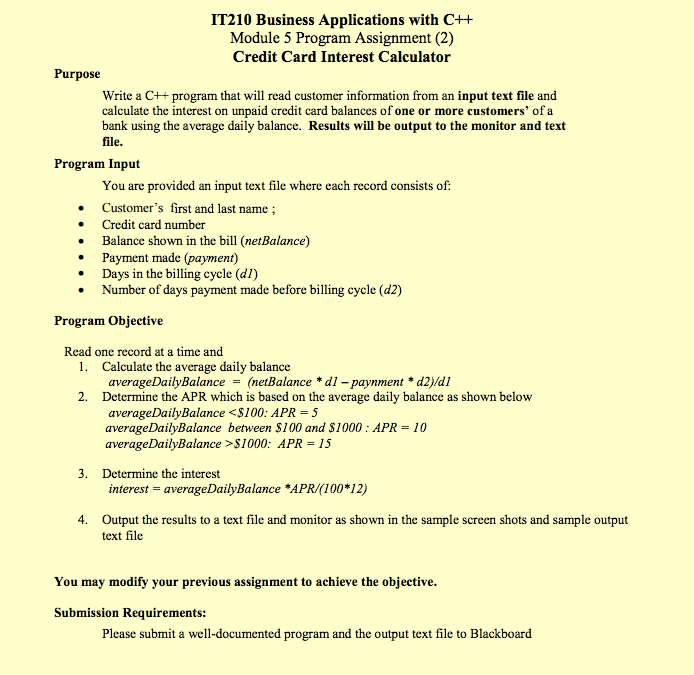Dev C++ Send Input To Function
Sep 01, 2012 double input should be changed to void input since you don't return any values. Finally, this is the correct way: while(a!='Y'&& a!='y'&& a!='N'&& a!='n') If you want to return a value to main, I suggest you declare a structure. Jul 21, 2011 Input Functions in C programming language are – getchar( ) – This function is used to input a single character from the keyboard. Auto tune vocal plugin download. This function can only store character type data and no other data type can be stored through this function. This function will echo the character on the screen while inputting. In means the parameter is an input parameter that you send into the function. This is opposed to an output parameter, which would be something you send in, and the function would fill in. The LPINPUT structure is defined as follows.
One way to get input into a program or to display output from a program is to use standard input and standard output, respectively.All that means is that to read in data, we use cin (or a few other functions) and to write out data, we use cout. When we need to take input from a file (instead of having the user type data at the keyboard) we can use input redirection. In the last program C program to add two integer numbers, we discussed how to take input and find the sum of two integer numbers? In this program we are doing the same but using a user defined function, this program will take two integer numbers are calculate the sum/addition of them using a user defined function. The core functionality of sending keys in CSendKeys revolves around the usage of the keybdevent Win32 API function. The keybdevent produces a keystroke, however the keyboard driver's interrupt handles the calls to this function, which means we can send almost any key combination with less limitations.
| why not just make it public? |
| I ask because the book I'm reading to learn C++ indicates that it's best practice to keep your class members private because it's 'safer', but it doesn't elaborate. |
The book is right, because if you make everything public it is just like having global variables.
 In C++, It is best to make all your member variables private or protected, then provide public functions to set and get the member variables.
In C++, It is best to make all your member variables private or protected, then provide public functions to set and get the member variables.Here's a somewhat complex example:
Dev Input Event
Say you want to have the ability to create an arc object by sending it 3 2d points. The 3 points are the beginning of the arc, a point on the arc, and an end point; we might name them A, B, C. Quick geometry lesson: Draw lines AB and BC. The perpendicular Bisectors of these intersect at the center of the arc.
To do these calcs you might need local variable like ABDist, ABBisectorAngle etc.
Now if I was to give you an arc object, you would probably be only interested in: CenterPoint, Radius, StartPoint, EndPoint, say (there are lots of other variations).
So you make everything private or protected, then provide public functions that return only the things that you want. i.e getCenterPoint, getRadius, getStartPoint, getEndPoint.
With set functions, it's the same, and in this case, if you change one thing, you have to recalc all the others.
If everything was public, then changing the CenterPoint would invalidate the others.
Private means that only that class has access to the variables via the code in the member functions, and not via the dot operator. They are inherited, but there won't be access to them in derived classes
Protected means that derived classes also have access to the base's private members via the code in the member functions, and not via the dot operator.
Dev C Send Input To Function Word
